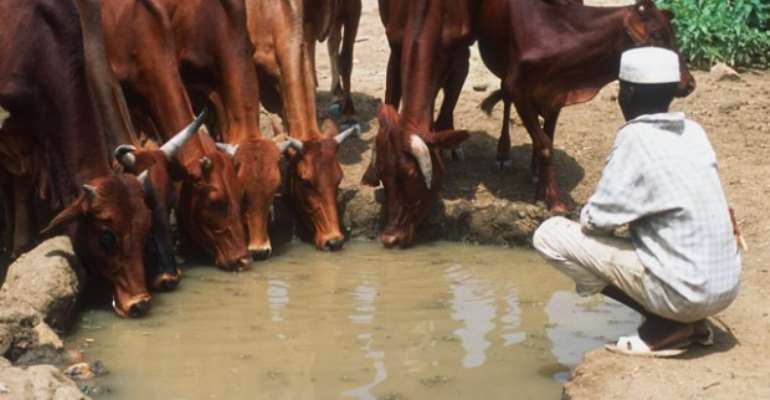Killings in defence of cattle, crops – Leadership

Over 50 people were reportedly killed and property worth millions of naira destroyed last week in a renewed attack on Tiv communities in Benue State by nomadic herdsmen. Makurdi, the state capital, was infiltrated. Scores fled the villages. More than 350 people are yet to be accounted for.
Tiv youths had allegedly killed about 30 cows belonging to some herdsmen that destroyed their farmlands. In retaliation, the herdsmen went after everything in sight, burning down houses and slaughtering the villagers. Consequently, there was a breakdown of law and order in the community.
In a country where human life is valued, the effects of this gory incident would have attracted national attention. It has led to the closure of schools, shops and business outlets. It is also sad that people have been turned to refugees in their own state.
Clashes between herdsmen and rural farmers have unfortunately become a perennial problem, especially in states of the north-central zone of the country. The menace has also been rearing its ugly head in the south-east and south-west, leading to avoidable deaths.
The challenges nomadic people face are myriad and there is the need to sensitise the affected people and communities on how to end these bizarre incidents. Healthy co-existence between the herdsmen and their host communities is of the essence; human life must be valued above livestock. To protect crops along the routes where nomads graze their herds, the National Assembly should expedite action on the National Grazing Bill before it, to ensure that there are grazing reserves and codes. The authorities must sensitise the nomads on the Pastoral Code and ensure that boundaries between pastoral land and farmlands are clearly demarcated. There should be identifiable cattle-trans-human corridors traceable to water sources for animals, without the risk of harm to the host communities. The federal government would do well to borrow a leaf from Jigawa State, which recently encoded an initiative to demarcate 20km as livestock routes.
Conflicts reportedly dropped from an average of 20 per year to three immediately. It is crucial to note that a policy intervention would not only generate economic advantages, but would also engender peace and healthy coexistence among our disparate ethnic nationalities. This policy must come armed with strong strategic advocacy programmes to reach the nomads. Ways of assisting the nomads to legitimately earn a living should be explored and, as Nigerians, they must be protected as well. But nomads must also learn to understand and respect the rights of others in their host communities. Government has a task to foster better understanding of the socio-economic dynamics of how nomads tend their cattle and apply modern technological advances that would remove the causes of conflicts. All of this would not only boost the developmental advantages for the agricultural sector, but would also check the spiralling aggression between nomads and their host communities.
